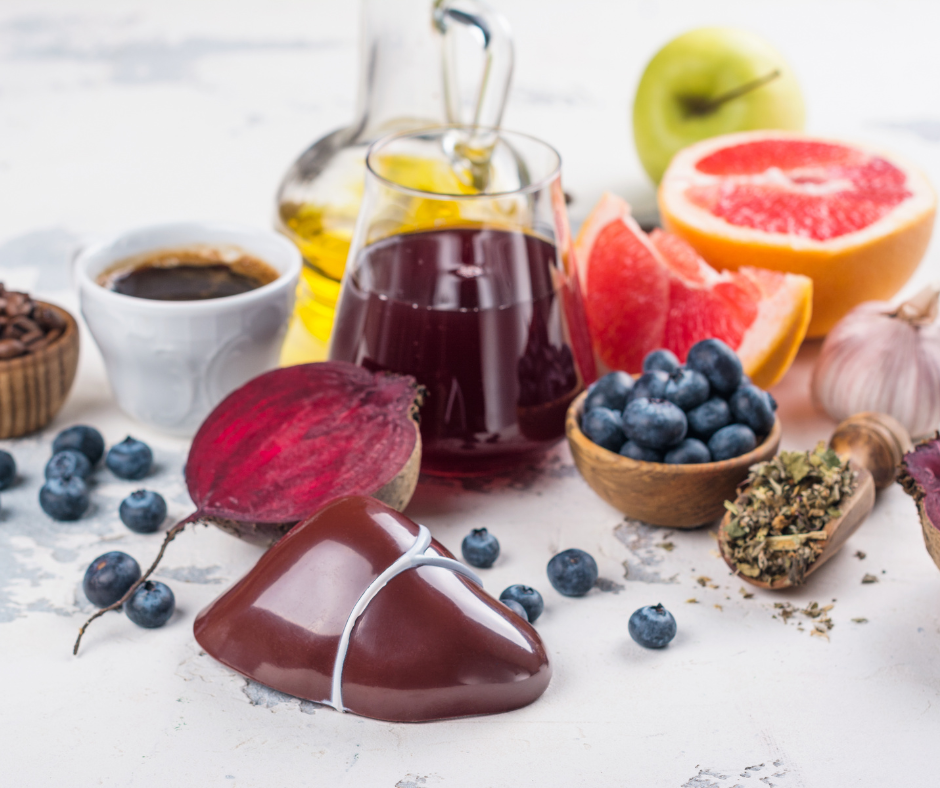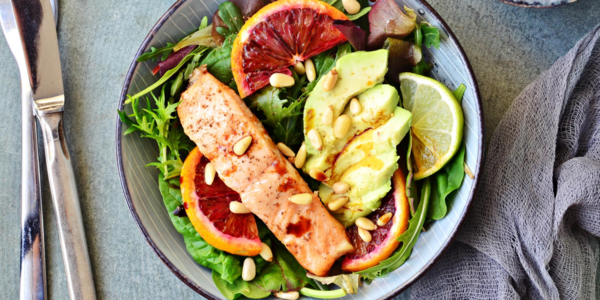|
There is something I’ve noticed about many endurance athletes over the years (which includes me), we either don’t take an off season (or at least not a very long one) or we completely forget about health and fitness and let ourselves go for a few months. I’ve done both. And what I’ve personally learned is I don’t like the way I feel either way. The first year or two I got into triathlon, I completely stopped training (for the most part) and just ate whatever I wanted for about 3 months after my last race. Pretty much the entire holiday season I justified eating mostly crappy food and not really doing too much activity. I justified to myself that after 9 months of training, I deserve a break from all of it. But after a 3 month hiatus from training and a very lackadaisical approach to my eating, I wondered why in the heck I ever thought that was a good idea when I: 1. Had to get back into a bathing suit, and 2. Tried to actually do a swim workout. Holy moly you can lose some serious fitness in 3 months! So then I switched up my approach. I’ll put a late race on the calendar so I keep training into the holiday season, then make sure I have an early event next year so I get right back after training ASAP. I flipped my justification to ‘why the heck would I want to lose all that fitness I built up last season!?!’ It wasn’t until mid season that I realized just how burnt out I was and how much I needed a break! Years later, I finally learned that there is actually a middle ground. I’ve spent the last 3 weeks talking about how to use your off-season wisely so you feel rested going into your next race season, but also strong and fit...like you haven’t started back over from the very beginning! We’ve discussed strength training, optimizing sleep, and managing stress...all things that can be improved on in the off-season. But there is something else that is SOOOOOO critical to ensuring a successful off-season (and therefore, a successful next race season) and that is nutrition. Just like your heart and muscles can be trained, so can your metabolism. Wouldn’t it be great if you could consume less race food and still have stable energy levels? You can. How nice would it be if you could eat healthy meals that are quick to prepare and not feel like you're starving or deprived all the time? It’s possible. And that whole bonk thing that happens to athletes at the end of a long training day or towards the end of your event. Wouldn’t life be great if that didn’t happen anymore. Well….you can actually train your body to prevent it. This week, we’re going to talk about why you want to optimize your nutrition in your OFF-SEASON and how to do it.
|
AuthorTiana Rockwell is a certified nutritional therapist, avid endurance athlete and dark chocolate lover. She believes that by eating REAL food, we can balance our body and reach optimal health and wellness! Archives
May 2022
Categories
All
|






 RSS Feed
RSS Feed